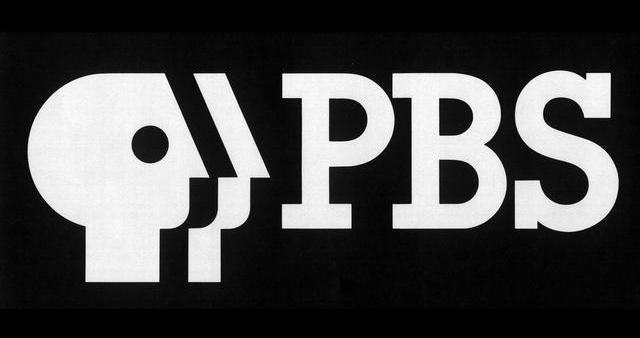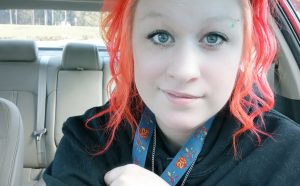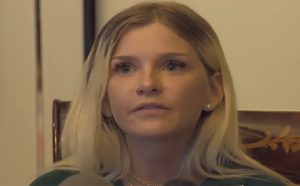Watching PBS? Might want to ask the kindergartners to leave the room.
In a May 27 piece for tax-funded PBS, NewsHour producer Saskia de Melker argued “The case for starting sex education in kindergarten.” In her piece, she held up the Netherlands as an example for the United States in “sexuality education” – for those as young as 4-years-old to learn “honest conversations about love and relationships.”
To begin her piece, de Melker pointed to “Spring Fever” week in Dutch primary schools, or “the week of focused sex ed classes … for 4-year olds.”
“Of course, it’s not just for 4-year-olds,” she reassured about the Netherlands’ “comprehensive sex education.” “Eight-year-olds learn about self-image and gender stereotypes. Eleven-year-olds discuss sexual orientation and contraceptive options.”
She assured prudish Americans that, “You’ll never hear an explicit reference to sex in a kindergarten class,” she wrote. “In fact, the term for what’s being taught here is sexuality education rather than sex education.” (Funny, that’s not how her headline read.)
Citing Ineke van der Vlugt, who works on youth sexual development for Rutgers WPF, “the Dutch sexuality research institute behind the curriculum,” de Melker urged the program is “about having open, honest conversations about love and relationships.”
De Melker highlighted how Netherlands law requires all primary schools to teach “sexuality education” that must include “certain core principles” like “sexual diversity and sexual assertiveness.”
“The underlying principle is straightforward,” she wrote, “Sexual development is a normal process that all young people experience, and they have the right to frank, trustworthy information on the subject.”
And, according to de Melker, the approach works as the Netherlands “boasts some of the best outcomes when it comes to teen sexual health” with statistics on birth control, contraceptives, and sexual experiences.
“There are multiple factors that likely contribute to these numbers,” she hyped. “Easy access to contraception is one. Condoms, for example, are available in vending machines, and the birth control pill is free for anyone under age 21.”
De Melker provided more solid examples of just what kindergarteners learn.
“[S]tudents draw boys’ and girls’ bodies, tell stories about friends taking a bath together, and discuss who likes doing that and who doesn’t,” she wrote. “By the end of kindergarten, students are expected to be able to properly name body parts including genitals. They also learn about different types of families, what it means to be a good friend, and that a baby grows in a mother’s womb.”
11-year-olds, on the other hand learn to discuss “hypothetical situations” like:
Keep Reading







